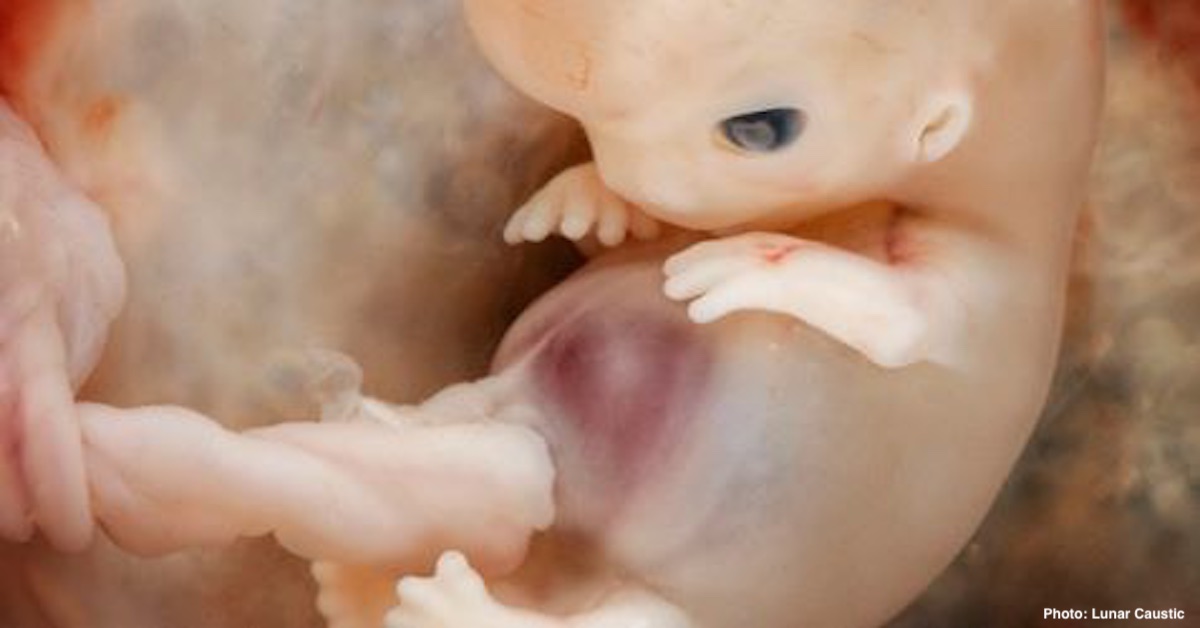A region in Spain that had put informed consent policies in place before women could undergo abortions will no longer be able to do so.
The Castilla y Leon region, just north of Madrid, recently announced that pregnant women undergoing an abortion must be given the option of listening to their preborn child’s heartbeat, or viewing an ultrasound. Yet the Minister of the Presidency and Court Relations, Félix Bolaños, quickly responded that the policies will not be allowed to take place, saying the region must “immediately cease any setback of women’s rights” and claimed the policies were a “violation of the rights and freedoms of women.”
Alfonso Fernández Mañueco, the president of the region, then said it would not be mandatory. “Doctors won’t be forced to do anything, pregnant women won’t be forced to do anything,” he said. “It is clear to me how altering the order of factors might turn into direct and indirect coercion.”
Prime Minister Pedro Sánchez reaffirmed Spain’s commitment to abortion in a statement, saying, “The Spanish government will use every resource in the law to defend the freedom of women and their right to stop their pregnancies under the terms applied in existing legislation.” Currently, abortion is legal through 14 weeks of pregnancy in Spain.
Despite the hysteria from abortion advocates, these policies would merely given women the opportunity to make a fully informed choice before undergoing an abortion (informed consent). Hearing the heartbeat can help women understand the humanity of their preborn child, which is especially important considering the amount of misinformation surrounding the issue, with abortion advocates falsely claiming preborn children do not have heartbeats.
Pregnancy resource center staffers have also spoken about the difference ultrasounds can make, attesting that as many as 90% of women refuse to go through with an abortion after seeing their baby. This is likely why abortion activists fight informed consent; the real issue is that these measures giving women all relevant information beforehand could convince women to choose life instead.








